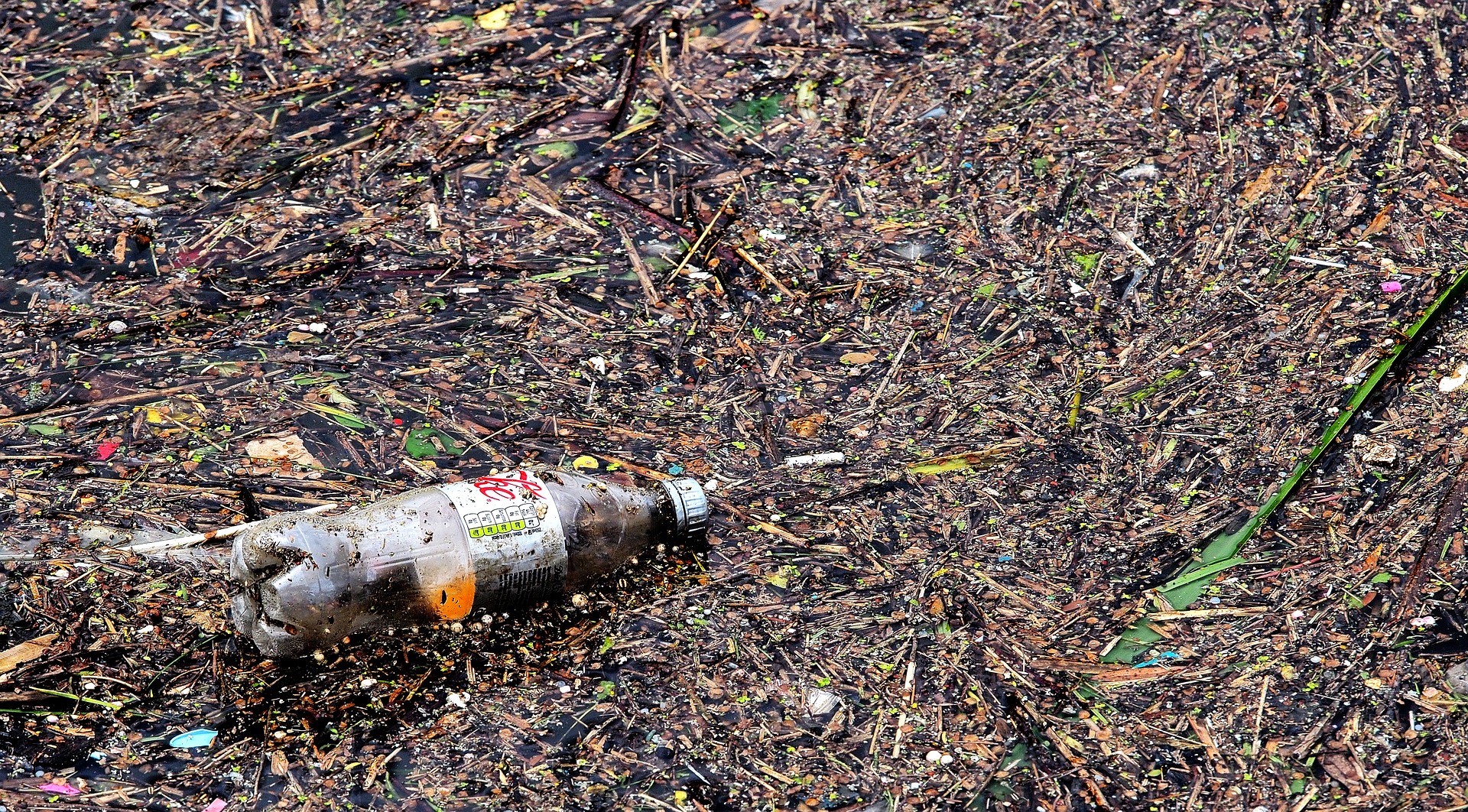Plastic recycling is not a new subject for Riverside. We’ve been supplying plastic balers to MRFs, waste handlers, manufacturers, logistics firms and more, for the past 20 years.
But plastics recycling as a topic seems to go hot and cold in the industry, with it sometimes dominating the media headlines and other times bobbing along under the radar?
So why is this the case?
Often, material types attract a lot of attention in the waste press when the commodity value of the recyclate peaks – or dips. Recycling rates are also under virtually constant scrutiny, so if plastic targets start to look more or less achievable, this can also be the catalyst for an article or two.
Has this brought plastics recycling to the surface again in recent times?
In truth there are perhaps other factors at play at the moment.
The volume of plastics finding their way into the ocean is – quite rightly – causing quite a stir. Such irresponsible disposal of plastics is having an unparalleled effect on water pollution which impacts on human and marine life alike – we only have to think about poor Lovelace in Happy Feet! The issue has to be addressed, and fast. But tackling such a colossal, global waste problem is far from easy.
This is just one reason that plastics has grown to become something of a dirty word. A global market shift means it is no longer so simple to carelessly ship mixed plastics to China. As a result, waste contractors in the UK are starting to say no to the collection of low volumes of plastics – it’s simply not viable to pick up 50kg at a time.
For some plastic ‘waste’ producers, this is far from ideal, but at the same time it isn’t the end of the world. The only difference is how to handle this material type.
We’re working with firms large and small so that they can bale their plastic film, plastic packaging, PET bottles and other types of plastic waste. This means the recyclate can be collected in larger volumes without it having any detrimental impact on the cleanliness or safety of the site. Producing neat, high quality plastic bales can also help operators maintain the revenue they yield from their plastic recycling approach.
It just goes to show that with a bit of fresh thinking, there are still opportunities to be had within the waste industry, even when tackling what is considered a ‘dirty’ topic at a certain point in time.
If you need help handling your plastic waste on site and/or you’re keen to know how to maximise your income stream from plastics, call us on 01423 325038, email sales@wastemachinery.co.uk or complete our free audit.






